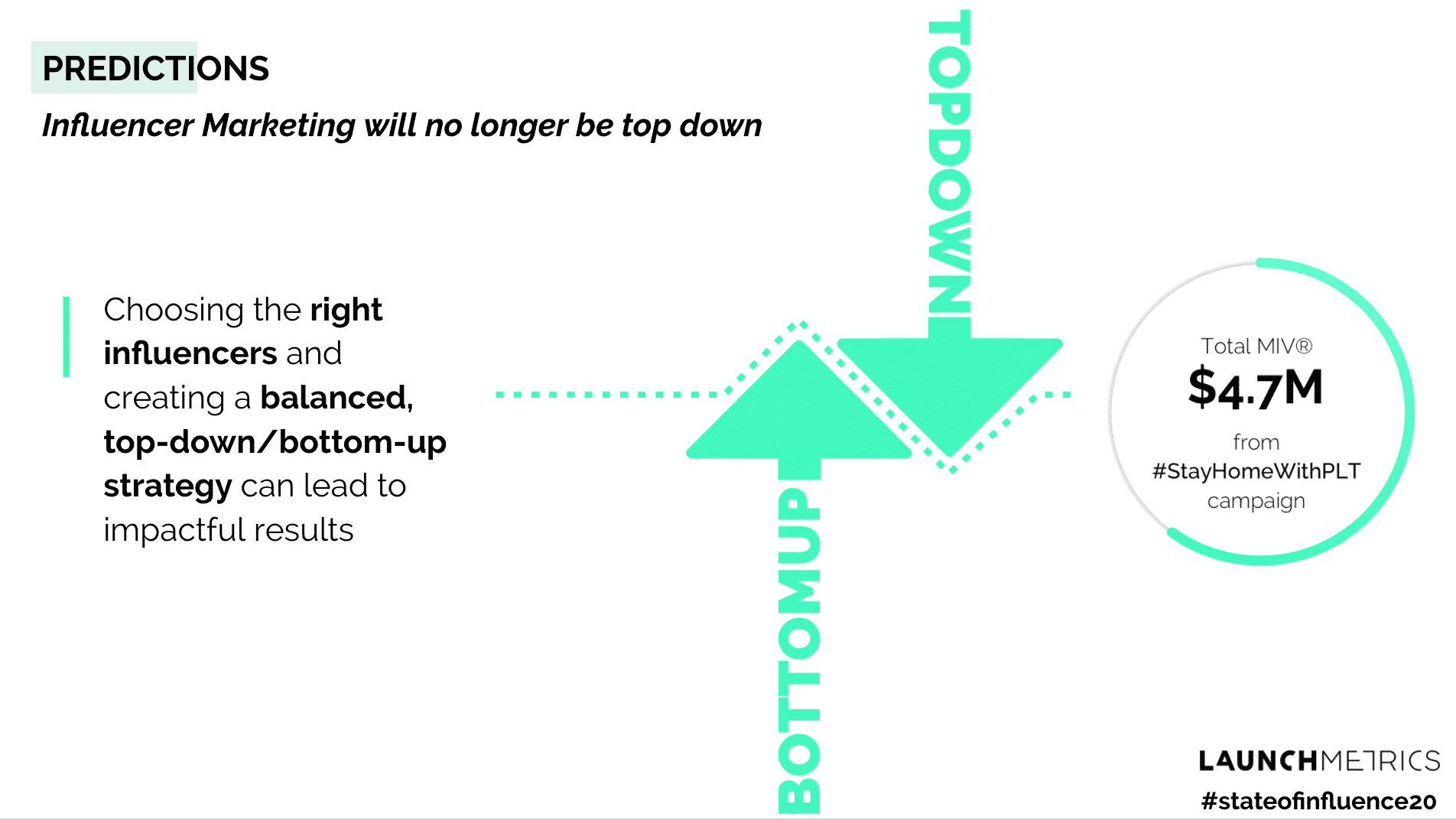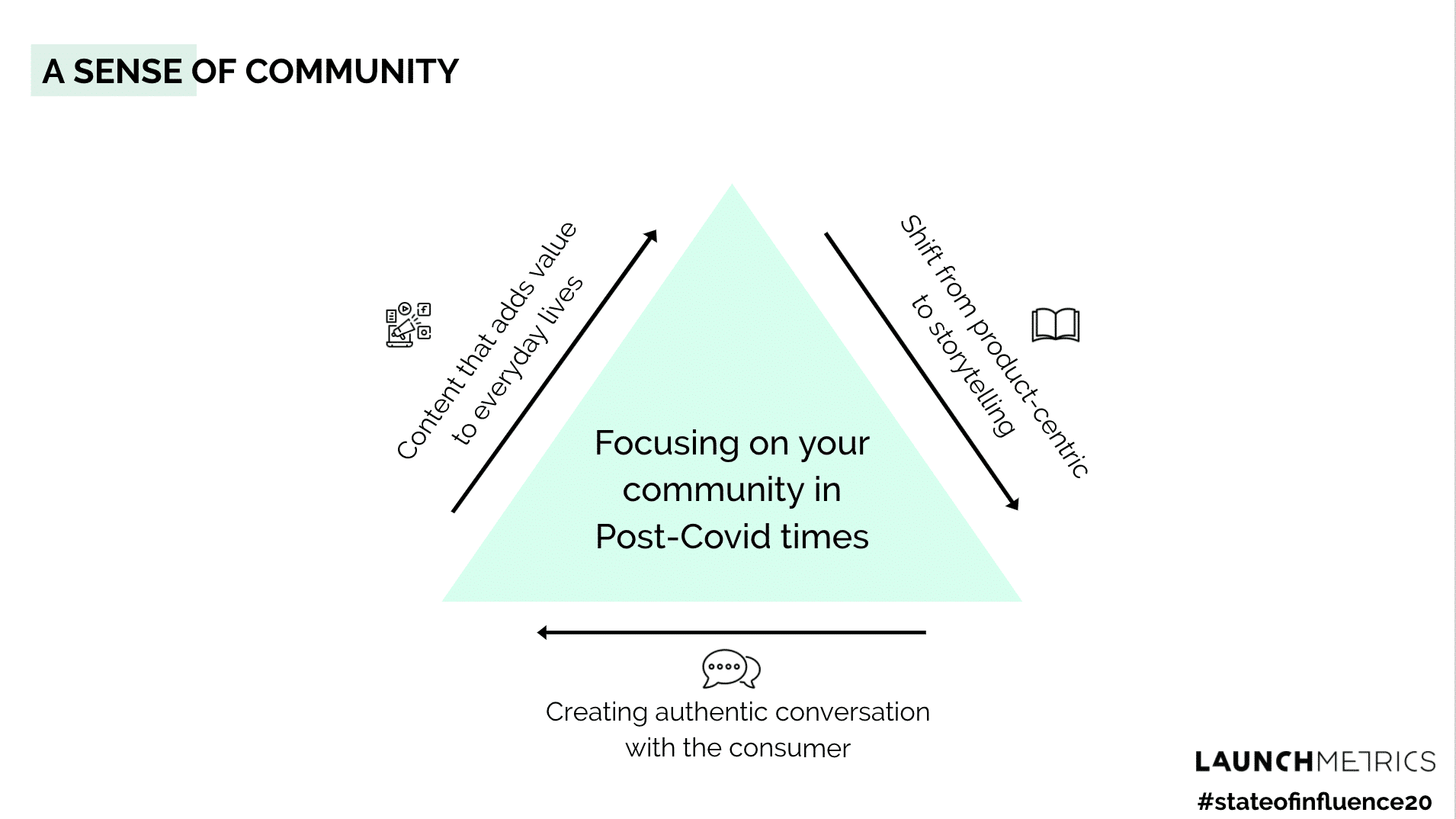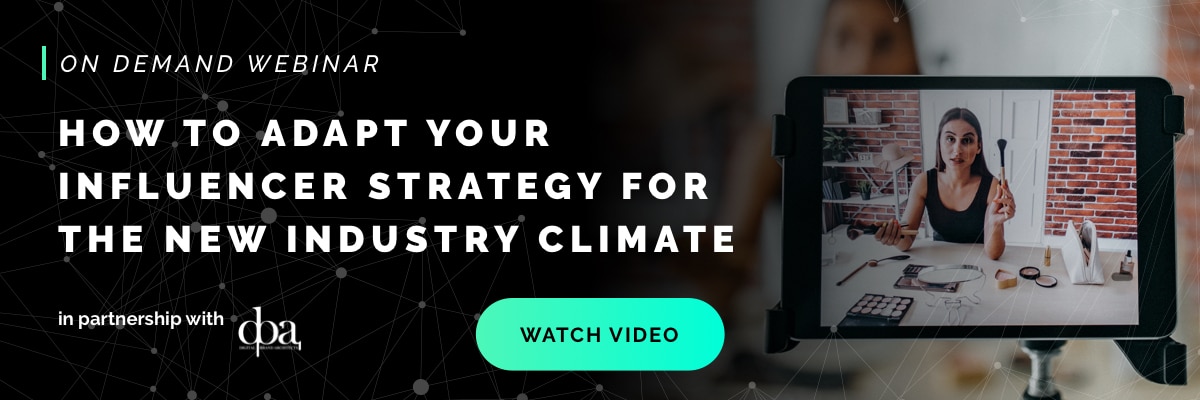Recently, our CMO, Alison Bringé hosted our webinar on How to Adapt Your Influencer Strategy for the new Industry Climate in partnership with The Digital Brand Architects and guests Reesa Lake and Jennifer Lake.
Reesa Lake is a Partner and Executive Vice President at Digital Brand Architects, where she leads development with brands, agencies, publishing houses, and digital networks, amongst others. With over fifteen years of media experience, from traditional print to television to digital, Reesa is one of the foremost experts in branded content and integrations, marketing, and branding.
Jennifer Lake is the founder of StyleCharade.com, a colorful and curated online destination for fashion, travel, home, and beauty. She's been named by PureWow and A Beautiful Mess as one of the top Instagrammers to follow and by the Chicago Tribune and Michigan Avenue Magazine as one of the top style bloggers in the Midwest.
In this article, we share our key insights and takeaways from the webinar around the sheer impact influencer marketing strategies can have on brand performance, especially in an industry after Covid.
3 Key Takeaways: How to Adapt Your Influencer Strategy for the new Industry Climate
Your influencer marketing strategy is integral to your brand performance
The brand is the most valuable financial asset of fashion, luxury, and beauty companies - Influencer marketing is a key asset when it comes to branding, and building your brand performance. According to Tapestry Inc.'s financial statement, half of the investment of acquiring Kate Spade was the brand itself - worth $1.4 Billion. Investments in influencer marketing programs in 2020 grew by 10-30% as brands rushed to communicate relatability instead of pushing product placements when Covid took over.
Reesa Lake added that “No matter what team you sit on, there’s not a conversation or strategy meeting for the year that you are having that doesn’t mention how influencer marketing can layer into a strategy. An influencer is not just media and sales, they are creating content - they are the ad agency, the stylist, the publicist, the creator - looking at influencers what they are beyond just a name, number or metric is essential.”
Influencers are part of the outward messaging that builds a brand's image, and represent to consumers not only who back the brand, but also what their values are. This in turn reflects and communicates the values of a brand, in a way that isn't directly from the brand's 'mouth', giving more legitimacy and value to. the products being sold, as Jennifer Lake asserted, "influencers are your new sales teams."
Relatability is the new authenticity
One of the biggest movements in influencer marketing strategies, directly as a result of Covid, is the shift towards reliability over authenticity. Alison highlighted that it is "no longer about just the product but how it fits into what people are going through right now." And how do influencers achieve this? By diversifying the content that they share on their feed, in order to adapt to the demands of their followers and consumers. Instead of sharing traditional product placement shots, or sponsored posts, the content has started to educate, inspire, share advice, tell a story, provide entertainment, and exercise some social responsibility.
When it comes to brands, in the fashion, luxury and beauty industries, they should look to refocus their influencer marketing campaigns to frame and complement these new types of content. Rather than creating a campaign based solely on a static image post of an influencer wearing product, activations will shift to integrate fun challenges, demonstrate how a product fits into their actual lives or even through sponsored educational content.
Influencer marketing will become restructured
As the industry makes these aforementioned shifts, strategies will start to become more 'bottom-up', rather than 'top-down'. In other words, influencers will have a lot more creative control and power over what their campaign partnerships look like, rather than simply receiving a strict and specific brief and having to stick to it. Content has to feed in the feeds of influencers themselves to remain authentic and relatable, and collaborations have to make sense. In order for this to work, the content has to be created that fits not only the brand's needs but also the influencer's. An audience is unlikely to buy if something looks out of character or unfamiliar, and so future campaigns may start to be primarily dictated by influencers themselves.
We hope you enjoyed reading these takeaways from our Webinar on influencer marketing strategies following Covid. In case you missed it and you would like to watch the full recording, you can download and watch it, here:


